Do Babies Need Night Lights
- • 6 MIN READ 📖

On This Page:
Whether you bring your baby home from the hospital right away or wait for it to arrive later (or even come through the foster care system), it's important to prep the nursery. You'll want to do some things before the little cherub comes home. Pick a room theme, install safety features, assemble the furniture, and incorporate welcoming décor to announce the birth of your baby boy or girl. The ultimate newborn baby checklist would be incomplete without soft ambient lighting. After all, the nursery should have a calming and relaxing vibe that doesn’t overstimulate kids. That’s when a toddler night light saves the day…or not?

Based on the research “Systematic Review of Light Exposure Impact on Human Circadian Rhythm,” light affects overall sleep quality differently in babies and adults. To prepare the most welcoming space for your family's new addition, ensure to read on for some science-backed explanations on the baby’s sleep. Together, we’ll see why melatonin plays a crucial role in managing kids’ sleep-wake cycle and what cute accessories can promote sleep.
What Is Melatonin
To ensure your head is not clogged with scientific vocabulary, we’ll put it simply. According to “Melatonin, the Hormone of Darkness: From Sleep Promotion to Ebola Treatment” research, melatonin is a hormone that helps control your sleep cycle and reduces the number of awakenings per night. Produced in a tiny pineal gland (somewhere in your brain), nighttime concentrations of “sleep hormone” are higher than their daytime levels. In other words, just after it gets dark, our body starts producing this natural hormone. It peaks in the early hours of the morning.
Why is it important? What makes it critical to the circadian phase?
- The main way it affects your body is by regulating the circadian rhythm and the natural sleep-wake cycle.
- It helps combat issues like insomnia.
- As specified by “Melatonin: Physiological Effects in Humans” research, pineal hormone helps manage blood pressure, immune function, and cortisol levels.
- Various studies (“Effects of Melatonin in Age-Related Macular Degeneration”) demonstrate that the hormone (dietary supplement) may enhance eye health, as well as battle seasonal depression (“The Circadian Basis of Winter Depression”).
- Taken in capsule form, it improves the effects of other types of treatment of shift work and jet lag consequences.
Melatonin Production in Newborns
When a mom’s pregnant, it’s her activity levels that determine sleep circles of the fetus. When she is resting or sleeping, the baby’s respiratory and heart rates slow down. They speed up during her active hours.
When it comes to melatonin production in newborns, “first, embryo and fetus are dependent on maternal hormone, as the pineal gland becomes mature after birth. It crosses all physiological barriers without being modified,” – say the authors of the study “Role of Melatonin in Embryo Fetal Development.” Here, the placenta serves as a channel that maternal hormone passes through.
Once the baby is born this bond breaks. Some melatonin can still pass into mommy’s breast milk; however, kids’ pineal gland gets activated right after birth. Even though the amount of hormone produced is insufficient, it increases with time.

Do Toddlers Produce Melatonin
As stated above, babies start making N-acetyl-5-methoxy tryptamine immediately following birth. Generally speaking, as a dietary supplement it shouldn’t be given to a healthy toddler under age 3. Still, “Sleep-Related Melatonin Use in Healthy Children” research has indicated that sometimes setting up a healthy shut-eye routine isn’t enough, and your toddler may need extra help to fall (and stay) asleep. This goes for tots with anxiety, insomnia, and other health conditions.
Melatonin in Kids Over 5
Based on our discussion above, kids’ bodies make pineal hormone naturally practically after birth. This helps put their sleep-and-wakefulness cycle into a regular rhythm. However, if children have difficulty falling asleep, melatonin may be beneficial. Always talk with your pediatrician and remember that no dietary supplement can substitute a healthy bedtime routine.
How to Naturally Increase Melatonin in Babies
Your toddler has been a perfect sleeper, right? But suddenly, you find the little tot having troubles when it comes to setting off to dreamland. Possible reasons range from a poor bedtime routine to falling ill and traveling. All that may affect the natural production of zzz hormone and make parents seek tips on how to naturally increase melatonin in toddlers. Below, we’ve listed some things you can actually do without leaving home:
- No pre-bedtime Netflix! In the “Blue Light Impact in Children” research, its authors have pointed out that “cellular telephone, tablet, and personal computer use before bedtime can delay sleep onset, degrade its quality and impair alertness the following day.” Make sure to reduce their gadget time by 2 - 3 hours before bed.
- Healthy diet. There are loads of food containing melatonin that tend to boost hormone production. Choose things like bananas, walnuts, goji berries, oranges, oatmeal, and other snacks that are rich in tryptophan. This α-amino acid is famous for converting into melatonin.
- Keep a consistent routine. Make sure toddlers’ nap lengths and times are age-appropriate and create a relaxing atmosphere before sleep so that they are able to doze well overnight.
- Soak in the sun. Grab your bubs and get outside! The best-known benefit of daylight is its ability to boost the body's melatonin and vitamin D levels. It is reported in the “Benefits of Sunlight: A Bright Spot for Human Health” research that sunlight stimulates the human brain to produce serotonin. The latter converts into melatonin after dark.
- Consider sleeping with a night light. Recent studies like “Effect of Color Light Stimulation Using LED on Sleep Induction Time” prove that color is reasonably related to our ability to fall asleep. That is why red-led toddler night light might be handy since it stimulates melatonin production.
Do Babies Sleep Better in the Dark or with Light
Biologically speaking, it’s better for little ones to doze off without any lights on. However, with all the midnight waking-ups, you will soon find yourself wondering, “Should I leave a light on for my baby?” Dr. Amna Husain, a pediatrician at Pure Direct Pediatrics in Marlboro (New Jersey), says that it’s totally OK to use a night light in the nursery. After all, it will be easier to see what you’re doing when it’s time for the diaper change or breastfeeding. Linda Szmulewitz, a certified gentle sleep coach, mentions that responding to babies’ needs becomes more manageable with a very dim light on. According to the expert, moms and dads don’t have to turn on bright lights that disrupt the toddler’s sleep. Finally, if your baby is afraid of the dark, red-based nightlights will keep all monsters under the bed.

Which Night Light for Kids Is Safe
While there’s no one-size-fits-all answer when it comes to the “Do babies need night lights?” question, you should consider some crucial things before purchasing any nice-to-have item. New parents, take note of the following criteria:
- Red. According to Linda Szmulewitz, it is the best color night light for a sleeping baby that doesn’t block the “sleep hormone” production and does not affect circadian rhythms due to low color temperature.
- Eco-friendly. If you do your best to create a natural and organic environment that is safe for your rug rat, consider adding wooden night lights to your interior. The cute deer, raccoon, or dinosaur-shaped item will both soothe toddlers’ fear of the dark and motivate them to sleep alone.
- Dim. By now, you already know what color light is best for baby sleep. How about the brightness part? Allison Panesar, certified sleep consultant and founder of the Sleep Collaborative, recommends buying a light that is either dimmed or equipped with a dimmer. According to the specialist, the nursery light that is too bright makes falling and staying asleep more difficult.
When to Use Night Light
For many kiddos, night lights can be a source of comfort, mainly when they express nighttime fears or separation anxiety. Based on the “Play Therapy Applied by Parents for Children with Darkness Phobia: Comparison of Two Programmes” analysis, “fear of the dark appears at the age of two or three,” when kids’ thought process gets more sophisticated. In other words, infants do not understand the very concept of scary things that might be hiding in the darkest corner of the room. Thus, they will sleep perfectly tight in a dark room.
If you wonder when to use night light for toddler, consider their age first and think why exactly the little one may need a source of light. For instance, some parents do not want their kids to be dependent on a dark room for naps. For that reason, adding some light to the room would help. But do it gradually! Feel free to have a very dim night light on as you’re getting up to your little person for any reason. While the baby’s snoozing fine with a cute night light around, moms find it more comfortable to deal with late feeds or any other activities.
Finally, when the child gets somewhat older (welcome to the babbling era!), you’ll have an opportunity to talk about anything worrying your sunshine and see if he needs a night light.

Where to Place Night Light in Nursery
Are you an excited owner of a safe night light for toddler? Excellent! Now you may wonder where precisely the item should be placed to cast enough glow warm light to help you navigate the room for feedings and diaper changes and not disrupt your kiddie’s sweet dreams. As cool as these products are, well-placed night lights can actually promote better sleep and soothe the fumbling typically associated with the nighttime routine mentioned above. We’ve got some ideas for you:
- DON’T place it next to the sleeping area. Ensure to put it in the nursery area that you use when checking on your baby at night.
- DO your best to place the nightlight behind the piece of furniture. Thus, the light will get more diffused and won’t wake up your infant.
Finally, go with your gut. On the one hand, lights are reported to prevent a child’s brain from getting into a sound sleep pattern at night. On the other…your little champ seems to do well with it, and your current sleeping setup works well. There’s no need to mess up a perfect thing! But if you are dealing with a baby’s sleep disruptions, turning ALL lights off might be the answer.


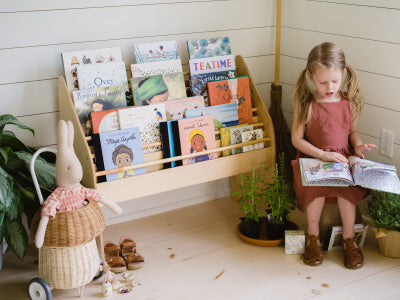

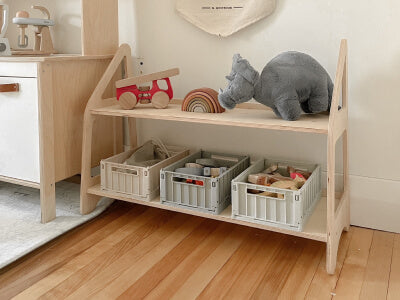
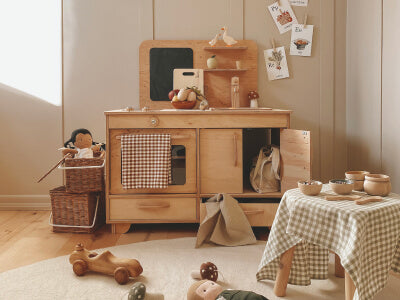
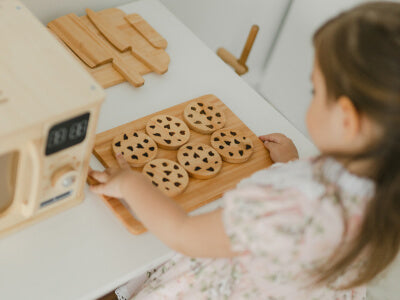
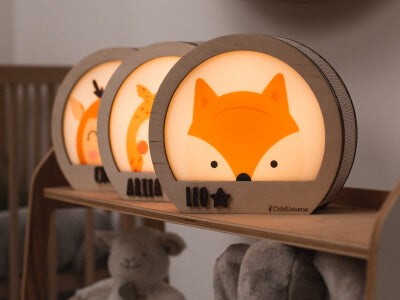
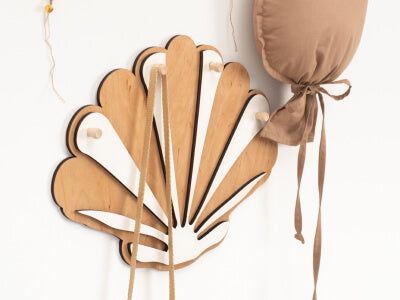
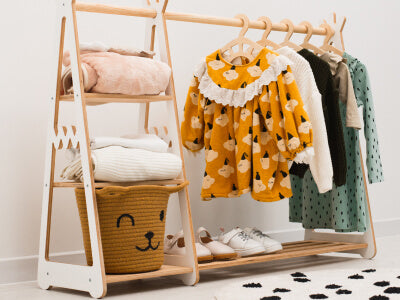
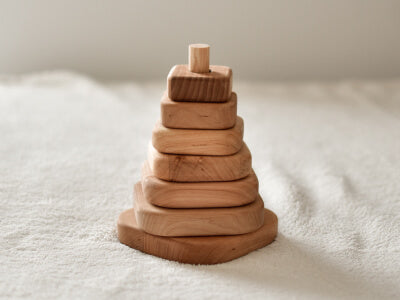
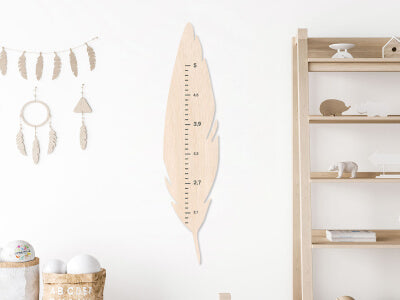
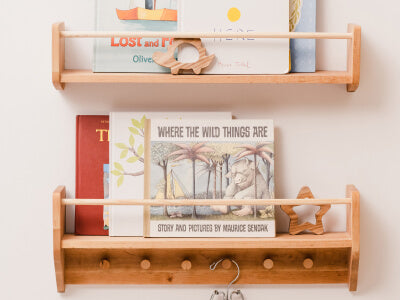
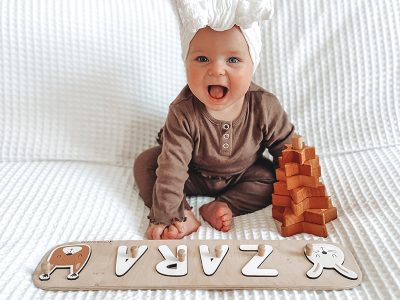
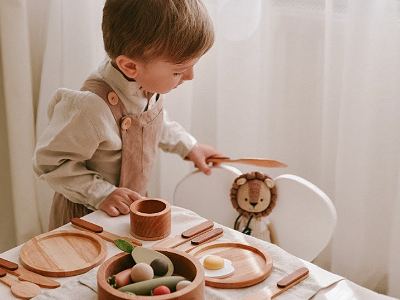
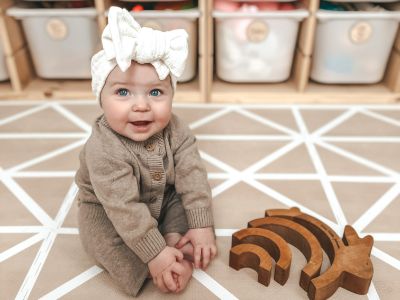
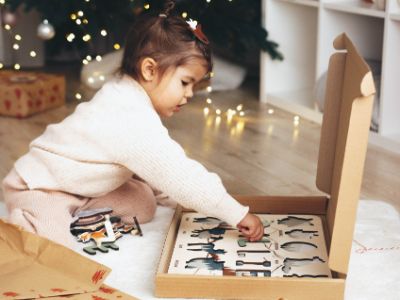
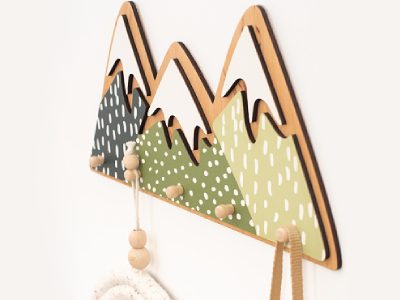

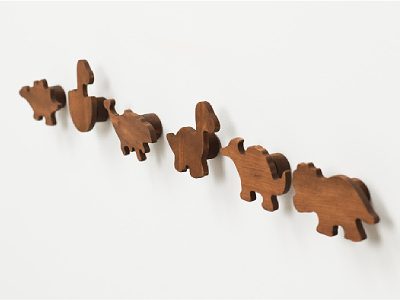
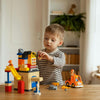

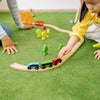


Wonderful insights on whether babies need night lights in this article!
ChildUniverse continues to be a reliable guide, making the journey of parenting a bit brighter.
Just read the article on whether babies need night lights – such a helpful guide!
Finally got clarity on the subject.
Thanks to ChildUniverse for shedding light on the importance of bedtime environments for my little ones
The considerations about circadian rhythms and the potential benefits of a night light for both parent and baby sleep were enlightening. A well-researched piece for sleep-deprived parents seeking answers! Thanks! ♥
As a parent, the article brought a sense of reassurance. Our little one seems to sleep more soundly with a subtle night light, creating a cozy atmosphere. Great advice for parents wondering about this bedtime dilemma! 🌟
Hey, the article on whether babies need night lights was super interesting 😊. Thanks 🙏🏼